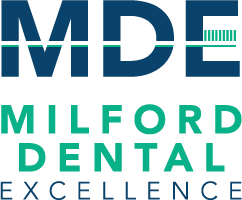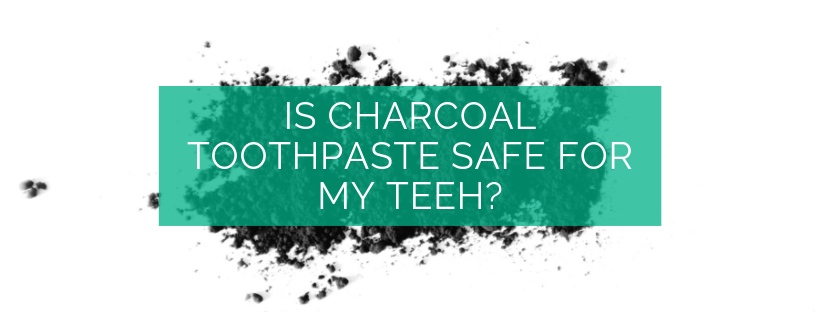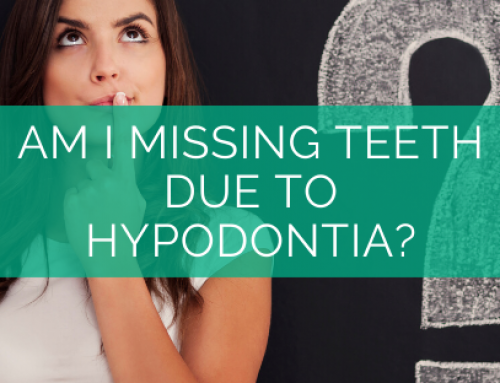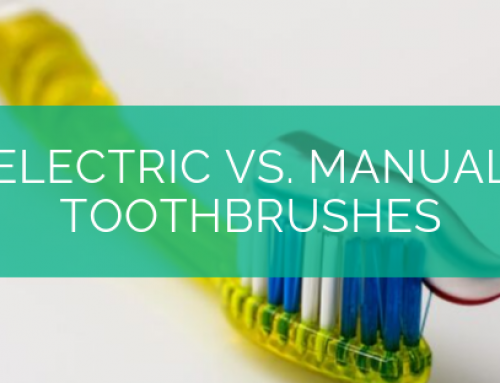Charcoal is an interesting substance that has recently gained popularity in the health industry.
It can be found in health products such as lotions, soaps, face masks, toothpaste, and even cosmetics.
“Activated” charcoal is made from coconut shells, peat, sawdust, olive pits, bone char or petroleum coke. This is a special type of charcoal that is produced at extremely high temperatures. This process changes its structure, creating micro-pores that increase the overall surface area of the charcoal. The surface area is like a magnet for impurities, pulling it in and binding it to the charcoal.
Throughout history, several health benefits have been attributed to charcoal. During the 1800s, activated charcoal was used as an antidote for drug poisoning. Currently, products with charcoal in them help keep cholesterol levels in check, help keep kidneys in working condition, and are used as popular skin treatments for acne. Activated charcoal has varying degrees of success, however, depending on the use and the person.
While browsing the internet, you may have stumbled upon an image of a model with a very white smile used as a promotion for a brand of toothpaste containing charcoal in it. The image of the model brushing dark toothpaste in their mouth seems counterintuitive, but once the black charcoal toothpaste is rinsed off, the teeth appear whiter than before. After seeing these ads, many people are left wondering: does it work or is it a waste of time and money?
Unfortunately, charcoal has not been proven to be an effective or safe way to whiten your teeth at home. In fact, it has been proven to inflict damage on your teeth more than other at-home whitening products. Furthermore, activated charcoal products haven’t been granted the Seal of Acceptance from the ADA (American Dental Association) for there are “insufficient clinical and laboratory data to substantiate the safety and efficacy claims of charcoal and charcoal-based dentifrices,” according to the Journal of the American Dental Association.
What’re the consequences of using charcoal-based toothpaste? Well, because of its rough nature, the charcoal in the toothpaste scrubs away the tooth enamel. Without this protective layer of the tooth, there is a greater risk of increased tooth sensitivity and cavities. Tooth enamel will not return once it is damaged, which is why it is important to preserve the integrity of your enamel.
For patients who are still interested in at-home teeth whitening, several safe options have been proven to work. In-office whitening sessions work, as well as certain peroxide-based whitening products such as fluoride toothpaste and Whitestrips.
Make an appointment today with Milford Dental Excellence to get an in-office whitening session.









